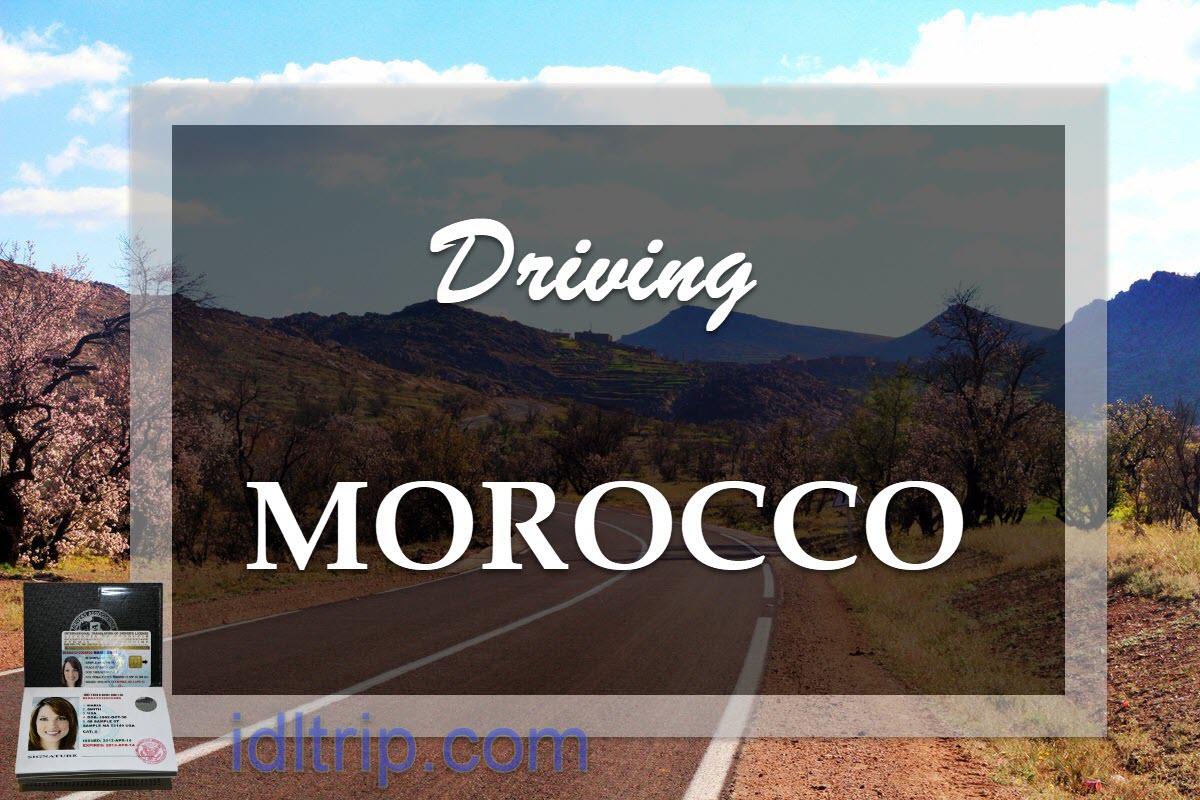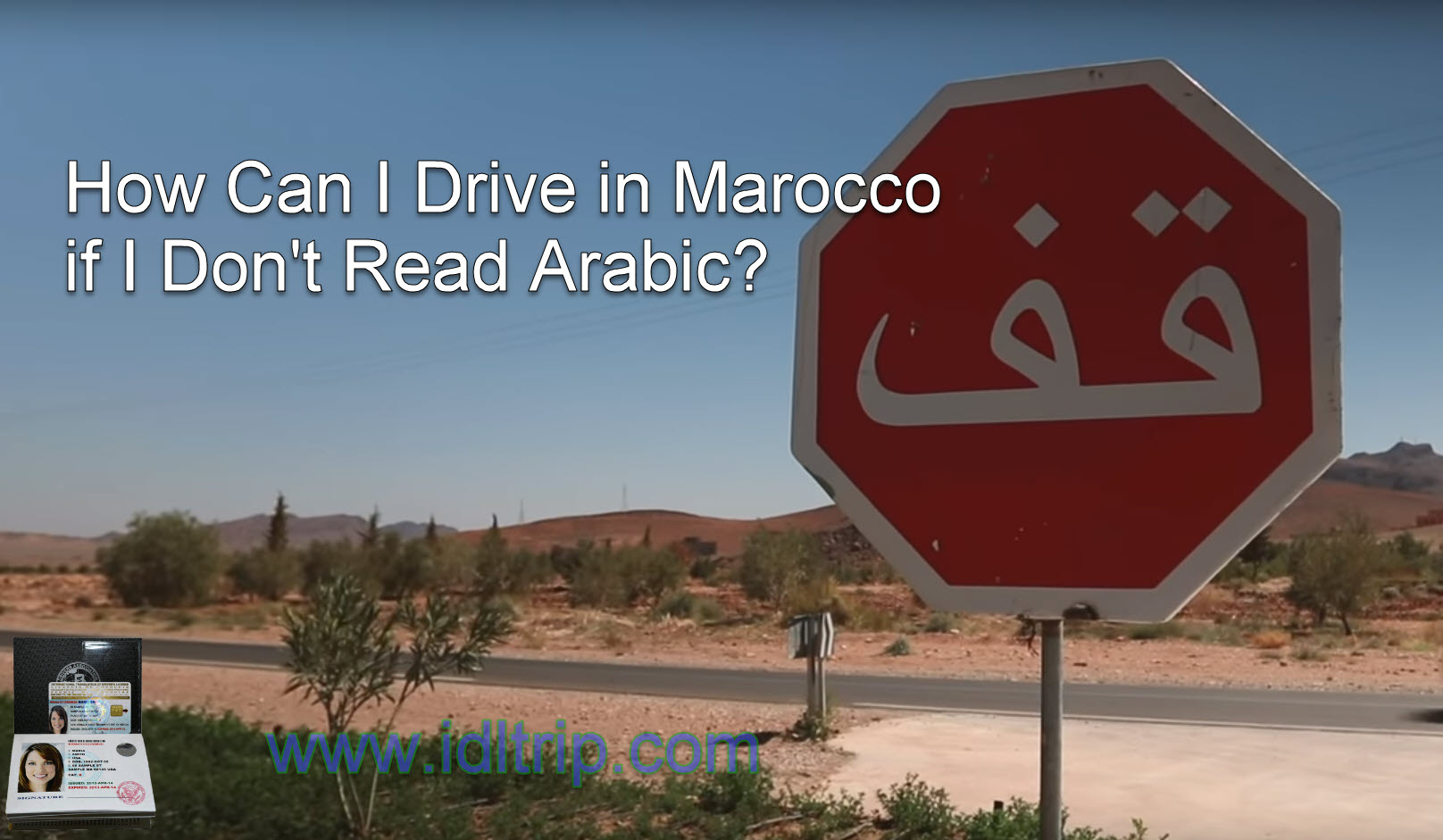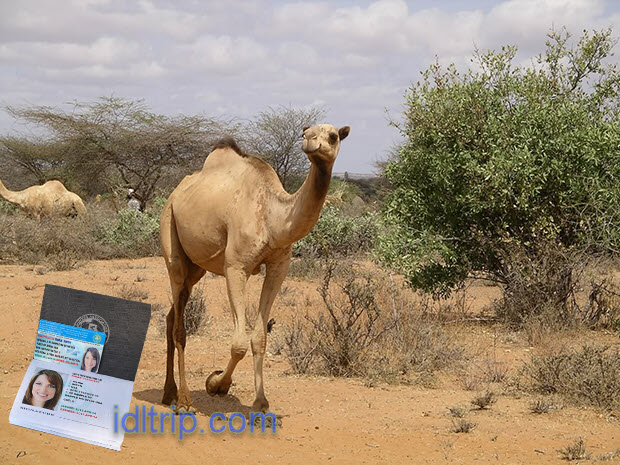Driving in Morocco: challenges, document requirements and general information.

Driving in Morocco
When driving in Morocco, remember that you need to drive on the right side of the road, which is something you will need to get adjusted to quickly if you are coming from a country that drives on the left.
We wouldn't recommend driving in Morocco to anyone who isn't a reasonably confident, reasonably experienced driver. There are no shortage of challenges and obstacles on the roads (more on that later!), and it can be very stressful at times; taking a rental car round dozens of single-track hairpin bends in a few hours or down a busy motorway where the lane markers are just a 'guide' really isn't the best idea if you already struggle to drive in the UK or Europe.
On your road trip, unless you speak Arabic or Berber, then French is likely to be your best bet. We are actually pleasantly surprised at how well and how widely English was spoken in certain remote areas, but French was always our first go-to language with police, petrol pump attendants and hostel owners.Even with no proper french or arabic you'll have no problem at all because Morocco welcome more and more british/american travellers so the shops try to learn english as well.

The advice is to learn some arabic "or darija the moroccan arabic" it will do the jib 'cause Moroccan people like when tourists really want to discover the culture and you'll have a better experience of Morocco in general.
Driving age
The minimum age requirement for driving in Morocco is 18 years.
Drinking and Driving
The amount of legally allowed alcohol in the blood is 0.0 mg/ml. Yes, absolutely no alcohol! Morocco is one of the countries with an absolute ban on the use of alcohol while driving.
Mobile Phones
Only hands free mobile telephones can be used while driving.
Documentation
Remember to carry important documentation with you at all times. Documents you should have with you:
- Driver's license -The information in your driving licence must be written in a Latin alphabet or accompanied by a translation by a reliable source or an international driving licence. If your license does not incorporate a photograph, ensure you carry your passport to validate the license.
- International Driving Permit (IDP) -If you are not from one of the EU countries, you must carry an International Driving Permit, which must be accompanied by a valid driver's license from your home country.
- Vehicle Registration
- Certificate of Motor Insurance
- Inter-American Driving Permit (IADP)-May be obtained by US residents from AAA offices, and used instead of an International Driving Permit. An IADP should be accompanied by your valid home country driver's license.
Safety Belts
in Morocco it is required to use of seatbelts only in the front seats.
Driving with Children
Children under the age of 0 are prohibited from travelling in the front seat, and must be seated at the rear with a seatbelt tightly fastened or in a safety seat (depending on the child age). The law in Morocco requires children car seats for all children at all ages. The safety seat should be a rear-facing seat, a forward-facing seat or a booster seat based on the exact age and weight of the child.
As will no doubt be obvious by now, there are some curious driving habits in Morocco. Some of the most perplexing and deeply engrained are:
Driving in the middle of the road: The story goes that the middle of the road is less well worn and has much less potholes, and I can vouch for this on certain stretches. However, this habit frustratingly continues onto fantastically modern 4-lane highways with nary a pothole in sight.
There are two lanes guys - use them!
Letting you know when to pass:Although most Moroccan drivers are not fans of using indicators on roundabouts or junctions to, you know, let you know where they're actually going, they love to use them to let you know when you should overtake. This is quite common practice but always be sure to check your own perception on how safe it is to overtake before hitting the throttle.
Big cars never give way:Yep, it definitely makes sense for us in our rented Kia Picanto to go through that pothole and go off the side of the road rather than for you in your fancy 4 wheel-drive jeep sir!

Speed Limits in Morocco
It’s very important to obey speed limits because you could meet camels on the street.Speed limits vary depending on where you are driving in Morocco. The speed is measured in kilometers per hour (kph), which might be a bit confusing for someone who's not used to the metric system. Speed limits in Morocco are:
- Urban areas: 60 kmph (40 mph)
- Open roads: 100 kmph (62 mph)
- Motorways or Expressways: 100 kmph (62 mph)
Know how to deal with Moroccan police
We don't think we've ever met policemen who were as polite and friendly as those in Morocco.
For road-trippers, it's important to know that there are a lot of police checks around the country, and you're likely to experience at least one a day when driving. All the police stops were clearly sign-posted in advance and you need to approach slowly being coming to a complete stop until the policeman waves you on, or asks you to pull over. As we discovered at each stop, the Moroccan Police Academy needs to put a bit more thought into hand-signal training as the signal for 'on you go, there's no worries' looks awfully similar to the universal signal for 'please can you pull over'. Lastly, make sure you keep all the relevant documentation for the rental car and your driving licence easily accessible.
